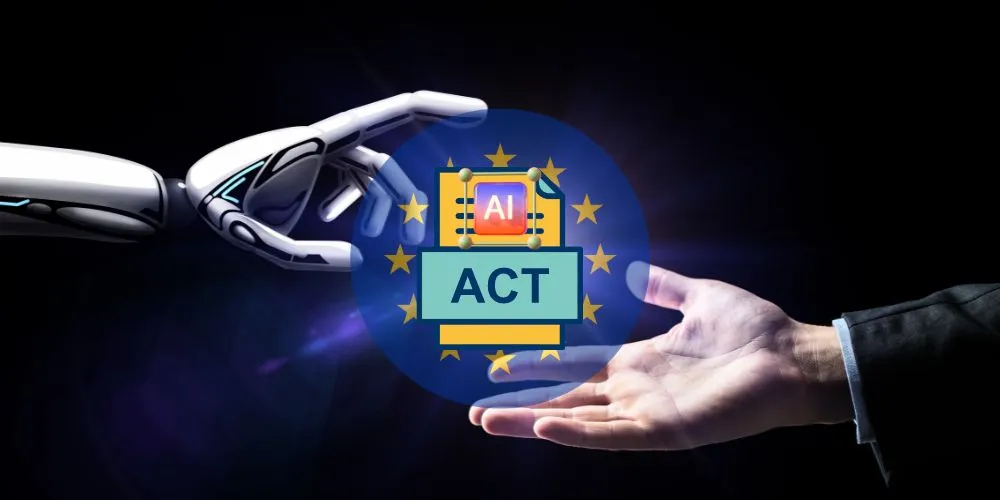Key Points
- A major tech lobby representing companies such as Google, Meta, and Apple is asking the EU to delay its new AI Act.
- Critical rules for AI models are set to take effect on August 2nd, but key details are still missing.
- Companies and some political leaders argue that the new rules are confusing and difficult to understand.
- The tech industry warns that a rushed rollout could harm Europe’s ability to compete in the AI space.
A major tech lobbying group representing giants such as Google, Meta, and Apple is calling on the European Union to slow down its landmark AI Act. The group, CCIA Europe, warned on Thursday that rushing to implement the new rules could seriously harm the continent’s ability to innovate in the fast-moving world of artificial intelligence.
The EU’s sweeping AI rules officially came into effect last year, but they are being implemented in phases. A critical set of rules for general-purpose AI models, such as those that power ChatGPT, is set to take effect on August 2nd. However, with just weeks to go, key details and guidelines are still missing, leaving companies scrambling to understand their new responsibilities.
“With critical parts of the AI Act still missing just weeks before rules kick in, we need a pause to get the Act right or risk stalling innovation altogether,” said a senior vice president at CCIA Europe.
The tech industry isn’t alone in its concerns. Political leaders, including the Prime Minister of Sweden, have also described the new rules as “confusing” and called for a pause. A recent survey found that over two-thirds of European businesses are struggling to understand what they need to do to comply.
The EU’s approach to regulating AI is much stricter than the voluntary system in the United States. Despite the growing calls for a delay, the EU’s top tech official said earlier this month that they plan to move forward with implementing the act but promised to do so in an “innovation-friendly manner.”





